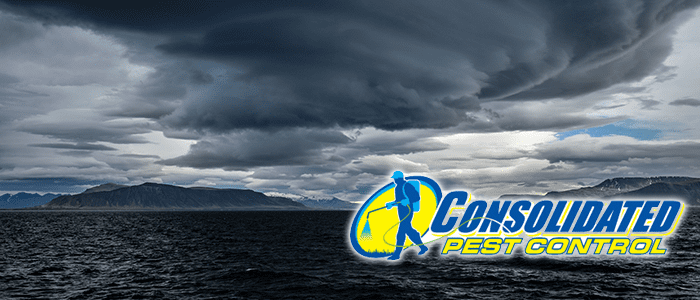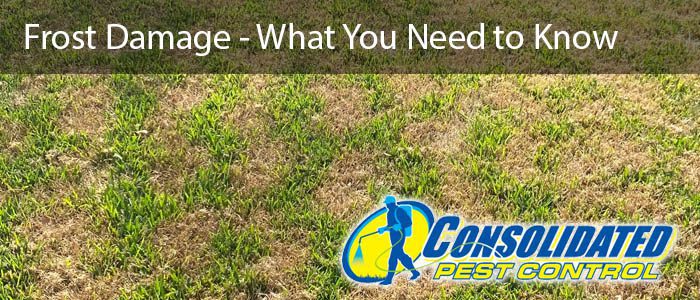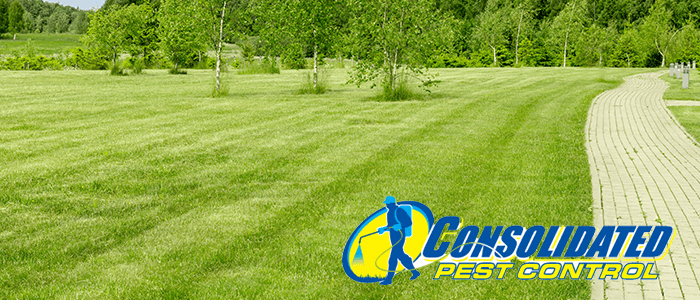
During hurricane season, Floridians face many risks. People stock up on batteries, water, and gasoline, while nailing plywood over windows. An unexpected threat, however, can come in the form of mosquitoes. Read on to learn why mosquito populations spike around extreme weather and how to help prevent the pests around your home.
How A Hurricane Leads To Mosquitoes
Florida has been fortunate enough to avoid all direct hits from hurricanes this season. The closest call has been Hurricane Dorian. However, near misses with hurricanes, as well as the hurricanes themselves, can lead to spikes in the mosquito population.
The Florida Department of Health has issued warnings about increased mosquito population after extreme weather. The real risk from hurricanes is the extremely heavy rain that accompanies them. Heavy rains lead to flooding. With flooding comes more places for mosquitoes to breed, which leads to more mosquito-borne illnesses.
Mosquitoes need water to procreate. Female mosquitoes lay eggs in rafts that float on top of water. They can lay those eggs either directly on top of the water or in an area that floods frequently. While more water is preferable, the eggs really only need one inch of water to hatch. Females lay about 300 eggs at one time. This ratio is why it is so easy for the mosquito population to increase exponentially.
How To Avoid Mosquito Spikes Near Your Home
With so much other hurricane preparation, it can be easy to forget to prepare against the mosquitoes. While certain basics are essential, such as electricity and running water, a mosquito-free environment is also important. Mosquitoes, particularly those hatched in potentially hazardous water, can carry many deadly diseases.
Hurricane floodwaters pose more threats than the usual Florida standing waters. Contaminants are much more likely to find their way into floodwater from extreme storms. When eggs are hatched in contaminants, those mosquitoes are all the more likely to carry illnesses or viruses. Even if they do not carry a deadly virus, they can carry everyday dirt and germs.
The best way to avoid a pest problem is to divert drainage as far away from your home as possible. Additionally, make sure any place where standing water may be accessible is covered or hidden.
A big issue with Florida homes is pools. If it an aboveground pool, make sure that it is drained of water and properly packed away. This has the added bonus of removing a heavy object that could potentially turn into debris from your yard. For in-ground pools, it is best to drain them to avoid flooding. Then, the pool should be securely covered. Covering it prevents the heavy rain from simply refilling the pool.
Double check that even small areas of standing water are put away. Items like animal drinking dishes are more than deep enough for the intrepid mosquito. Other common areas include plant pots or drainage dishes, as well as ash trays. Bird baths can also offer ideal egg-laying conditions.








